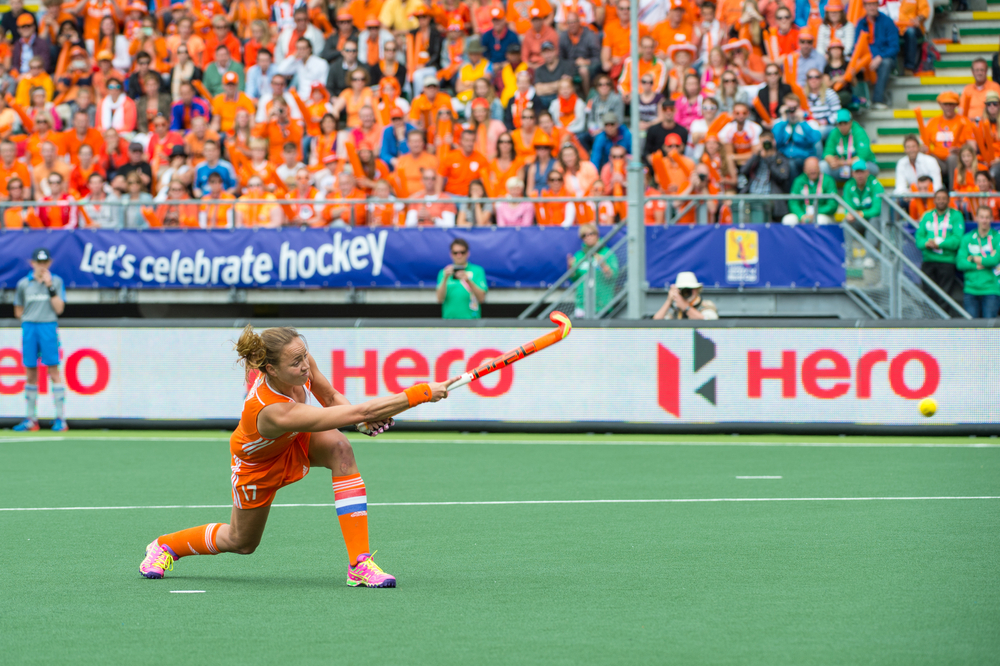When I think of the phrase America’s favorite pastime, I think of two things: sports and television. But apparently the two only go together when it’s a man’s game—studies show that women’s sporting events only get about 3% of sport coverage. This isn’t because there aren’t very many women’s sports events; USA Today reported Only 1.6% of women’s sporting events were broadcast in 2008. And the US Women’s World Cup opener set viewing records, so obviously this small percentage of coverage isn’t because no one’s interested. Not only is attention to women’s sports growing, but the viewer numbers are also surpassing that of the male games of the same kind. This growth would normally make you think that reporting on women’s sports has grown with the interest, because that’s the basic rules of supply and demand. However, a longitudinal study showed that 25 years ago, there was more women’s sports coverage than there is now.
When I went to ESPN’s webpage while writing this article, I had to scroll four pages down to see one article about women’s sports. The only headlining story on Fox Sports about women is about Serena Williams onstage at a Taylor Swift performance. Women in sports are sexualized when they are visible on social media, too. The lack of visibility and the way in which they are portrayed in the media affects these women professionally; women athletes receive fewer endorsement advertising gigs than men in sports like Michael Phelps or Payton Manning. It seems like even when they’re winning, they can’t win.
Women already face challenges getting involved in sports in the first place. From the get-go, young girls interested in sports are socialized to think they won’t do things as well because they’re girls—just look at the proof in this campaign from Dove. In the UK, reports have shown that girls as young as seven years old are worrying about being considered inferior in sports and express self-consciousness about their bodies. With phrases like “throwing like a girl” being colloquially known to imply inability, it’s no surprise little ones are self-conscious about their skills.
However, it gets no easier when you get older and better at a sport. Just look at Caster Semenya, who after winning the 800 meter at the World Championships in 2009 was constantly critiqued for her incredible abilities and was eventually forced to go through public medical tests. There have been arguments over why she was subjected to these tests, but the point that her skill was what brought the unwanted attention is the interesting part. As Katie Barnes put it, “To be good is to rouse suspicion because we believe that women shouldn’t be able to compete at that level.”
Cover image courtesy of Shutterstock.




comments